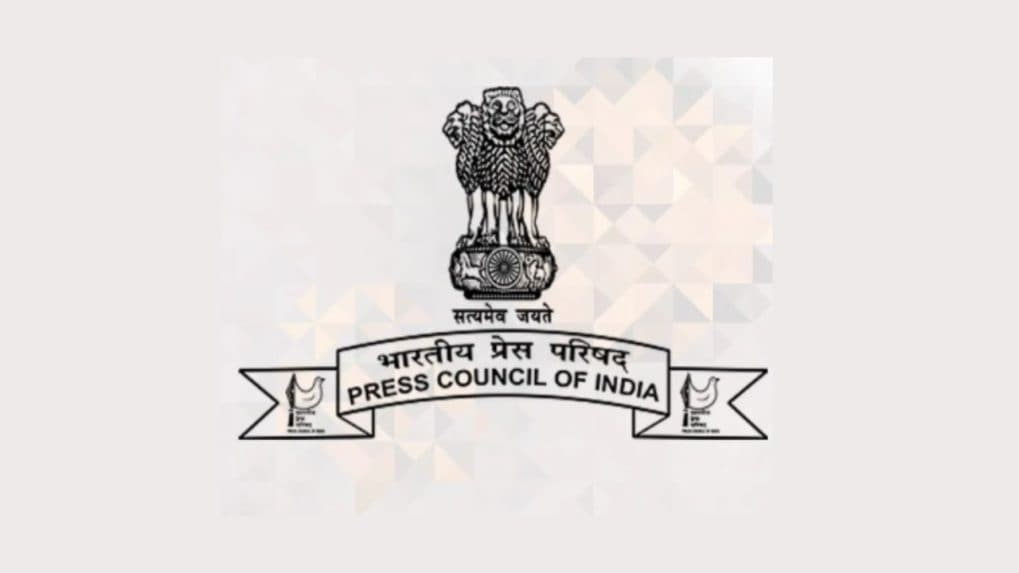Advertising
From Pink Slips to Silent Sidelining: Inside adland’s layoff and anxiety crisis

The Press Council of India (PCI) has received a total of 468 complaints related to 'paid news' over the past four years, with a significant surge in cases reported during 2024-25. According to official data, PCI recorded 290 cases in 2024-25 alone, marking the highest number of paid news incidents in print media to date.
The Ministry of Information and Broadcasting has also stated that the Election Commission of India (ECI) has established dedicated mechanisms to handle complaints regarding paid news. These systems operate at national, state, and district levels to ensure proper reporting and action against such violations.
This information was shared by Dr. L. Murugan, Minister of State for Information and Broadcasting, in response to an unstarred question raised by BJP Member of Parliament Chandra Prakash Joshi. Dr. Murugan further explained that when cases of paid news are confirmed, the associated financial expenditure is added to the election spending of the concerned candidate. This ensures that such unethical practices are accounted for in the electoral process.
The Press Council of India (PCI) is a statutory body created by the Press Council Act of 1978. It is the apex body for the regulation of the Print Media in India.
The PCI has provided detailed data on the complaints received over the last four years:
2021-22: 74 cases 2022-23: 76 cases 2023-24: 28 cases 2024-25: 290 cases (as of the latest update) Total: 468 cases
The sharp increase in 2024-25 raises concerns about the growing influence of paid news in print media. This trend underscores the need for stricter enforcement of journalistic ethics and regulatory measures.
Among all states, Rajasthan has reported the highest number of paid news complaints. In 2021-22, the state accounted for 13 complaints, while in 2024-25, the number surged to 111. This significant rise suggests the need for heightened vigilance and regulatory action in the region.
The Press Council of India investigates cases of paid news reported by the Election Commission or the general public under Regulation 14 of the Press Council (Procedure for Inquiry) Regulations, 1979. Violations of the “Norms of Journalistic Conduct” related to paid news are taken seriously.
Dr. Murugan emphasized that the PCI takes action on a case-by-case basis. Based on its findings, the Council has the authority to warn, admonish, or censure the concerned newspaper, news agency, editor, or journalist. In severe cases, it may also disapprove the conduct of the editor or journalist as per the Press Council of India Act, 1978.
With paid news posing a growing challenge to journalistic integrity, regulatory bodies continue to monitor and take action to uphold fair and ethical reporting practices.
From purpose-driven work and narrative-rich brand films to AI-enabled ideas and creator-led collaborations, the awards reflect the full spectrum of modern creativity.
Read MoreLooking ahead to the close of 2025 and into 2026, Sorrell sees technology platforms as the clear winners. He described them as “nation states in their own right”, with market capitalisations that exceed the GDPs of many countries.